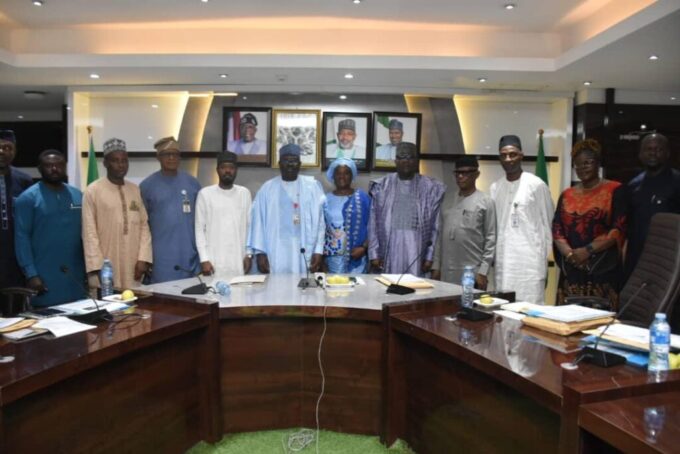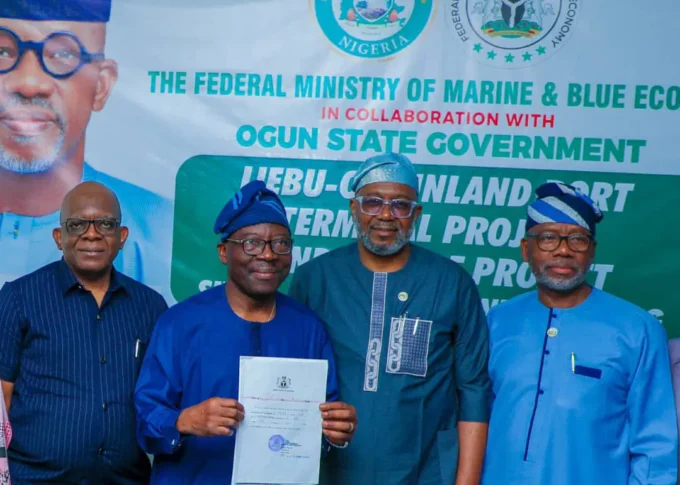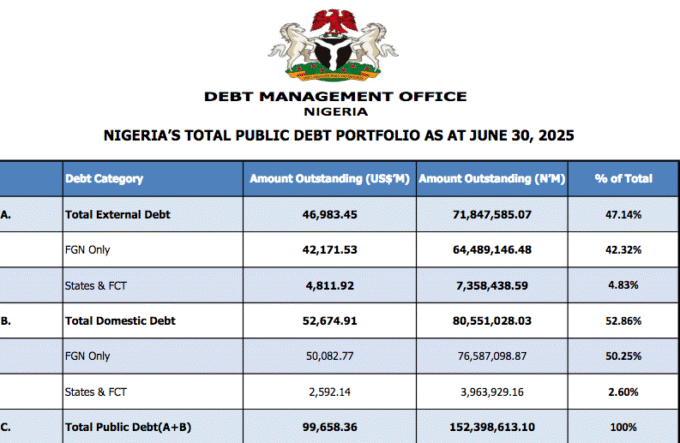From Okwe Obi, Abuja
Nigeria has officially adopted the Kampala Declaration (2026-2036) on agriculture to boost food production.
Kampala Declaration, an African Union document, harps on building resilient and sustainable agrifood systems in Africa. It is a new 10-year strategy and action plan (2026–2035) under the Comprehensive Africa Agriculture Development Programme (CAADP).
Minister of Agriculture and Food Security, Abubakar Kyari, said the implementation of the declaration (2026-2036) on agriculture would intensify sustainable food production, promote agro–industrialisation, reduce post-harvest losses and increase intra–African trade in the agricultural sector.
Kyari disclosed this during the Community of Practice Summit on Comprehensive Africa Agriculture Development Programme (CAADP) with the theme: “from Kampala to Abuja. Transforming Agrifood Systems in Nigeria”, held in Abuja, yesterday.
He stated that the aim was to increase investment portfolio, facilitate regional integration through inter/intra-Africa Trade, promote inclusivity, advance research and development, encourage innovative technology as well as strengthen the institutionalization of good governance.
He said: The need to drive food system transformation can not be over-emphasized. We must move beyond business-as-usual approaches and embrace bold reforms that will make our food systems more productive, resilient, inclusive, and sustainable.
“This transformation is essential to ensure food security in the country.
“The Federal Government has made tremendous efforts by providing clear policy direction and fostering stronger collaboration with the states in the implementation of the Malabo Declaration.
“Over the past decade, the African Union’s assessment of Nigeria’s progress during the Biennial Review has shown that our country is making significant strides in the agricultural ecosystem.”
He pointed out that the ministry has set up an Agricultural Sector Working Group comprising Research Institutions, Private and Public Sectors, Development Partners, Non-Governmental Organisations, and stakeholders from the Civil Society Organization.
According to him, ‘’the group serves as a critical governance mechanism, to scale up best practices, monitor progress, identify gaps, stimulate actions for result, promote accountability, and mobilise collective action towards the achievement of our shared responsibility’’.
He appealed to Commissioners of Agriculture, Livestock, Fisheries and Rural Development, whom he said hold a crucial role in shaping the direction and impact of our agricultural policies to implement the initiative in their states.
In her Goodwill Message, the Head of German Cooperation, Dr Karen Yansen stated that the Kampala Declaration (2025) is evidence- based, aimed at strengthening governance systems through integrated monitoring, promoting inclusivity and equity.
In attendance were the Representative of the Minister of Livestock Development, Head of Development Cooperation, Germany, Country Director, International Fund for Agricultural Development (IFAD) Nigeria, State Commissioners of Agriculture, Livestock and Fisheries, among others.


















Leave a comment